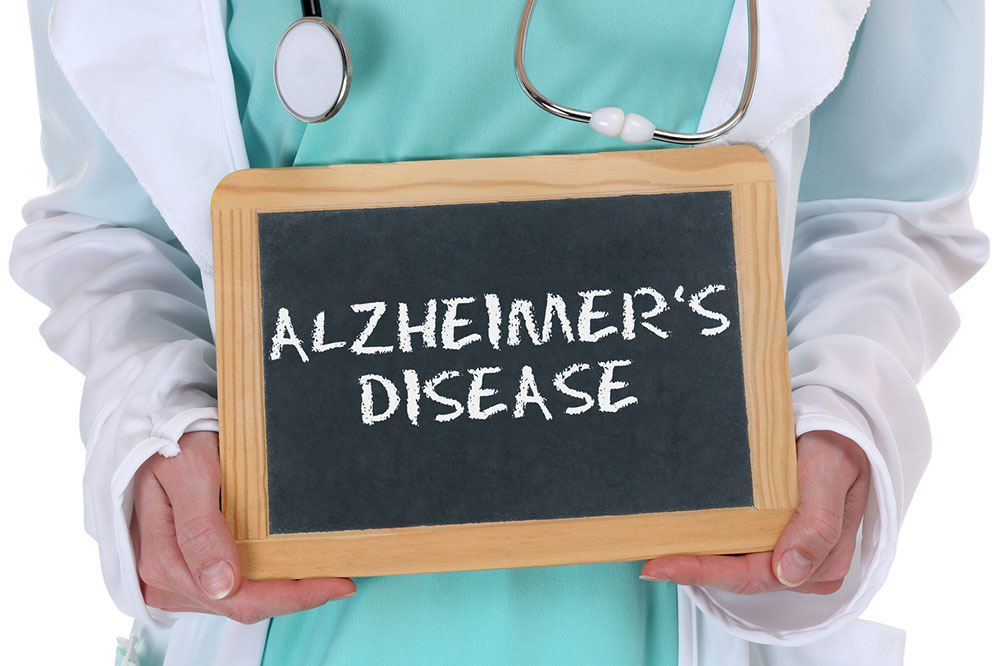A Comprehensive Guide to Alzheimer's Disease: Causes, Symptoms, Diagnosis, and Treatment
Explore a detailed overview of Alzheimer's disease, including causes, symptoms, diagnosis methods, stages, and current treatment options. Understand the importance of early detection and ongoing research efforts aiming for effective cures and preventative strategies to improve patient quality of life.

Understanding Alzheimer's Disease: FAQs and In-Depth Insights
Alzheimer's disease is a relentless neurodegenerative disorder that represents one of the most significant causes of dementia worldwide. This condition gradually destroys brain cells, leading to severe cognitive decline that profoundly impacts daily life. As the most common form of dementia, Alzheimer's affects millions of individuals globally, impacting not only those diagnosed but also their families and caregivers. Comprehending the complex nature of Alzheimer's — from its causes and symptoms to diagnosis and available treatments — is crucial for early intervention and improved management strategies, which can enhance the quality of life for affected individuals.
Understanding the Causes of Alzheimer's Disease
Despite extensive research, the precise origin of Alzheimer's remains elusive. It is generally believed that a combination of genetic, environmental, and lifestyle factors contribute to its development. Age remains the most prominent risk factor; the likelihood of developing Alzheimer's increases significantly after the age of 65. Family history also plays a vital role, with certain genes, such as the APOE-e4 allele, increasing susceptibility. Researchers are actively investigating the complex interplay of biological processes, including the accumulation of amyloid plaques and tau tangles in the brain, which are hallmark features of the disease.
Other factors that appear to raise the risk include cardiovascular health issues such as high blood pressure, high cholesterol levels, obesity, and diabetes. Chronic conditions that impair vascular health may contribute to the development and progression of Alzheimer’s. Lifestyle choices, including poor diet, lack of physical activity, smoking, and social isolation, are also associated with increased risk. Ongoing studies seek to unravel how these variables interact biologically to trigger neurodegeneration, with hopes of identifying preventative strategies.
The early signs of Alzheimer’s often appear subtly, making early detection challenging. Initial symptoms typically involve mild forgetfulness that can be mistaken for normal aging. Over time, these cognitive impairments become more pronounced, with individuals experiencing difficulty recalling recent events, misplacing possessions, or struggling with familiar tasks. As the disease progresses, individuals may exhibit changes in personality and behavior, including mood swings, agitation, or withdrawal from social interactions. Challenges in judgment, decision-making, and problem-solving become evident, affecting daily functioning, personal safety, and independence. Recognizing these early signs can facilitate prompt diagnosis and management, which is essential for slowing decline and planning appropriate care strategies.
Diagnosing Alzheimer’s: Methods and Challenges
Accurate diagnosis of Alzheimer's disease involves a comprehensive evaluation. Healthcare professionals start with a detailed medical history and physical examination, focusing on cognitive and neurological functions. Cognitive tests, such as the Mini-Mental State Examination (MMSE), help assess memory, attention, language, and problem-solving skills. Neurological assessments, including reflex and coordination tests, can indicate brain function abnormalities.
Imaging techniques play a pivotal role in diagnosis. Magnetic resonance imaging (MRI) and computed tomography (CT) scans help rule out other neurological conditions and identify characteristic brain atrophy associated with Alzheimer's. More advanced imaging methods, like PET scans, can detect amyloid plaque buildup directly, aiding in early diagnosis. Blood tests are used to eliminate other causes of cognitive decline, such as vitamin deficiencies or infections, and genetic screening may be recommended for individuals with a strong family history.
Diagnosis often occurs during the mild cognitive impairment (MCI) stage or early dementia. Early detection allows for timely intervention, which may delay progression and improve management outcomes.
The progression of Alzheimer’s disease can be categorized into several stages, each with distinct features:
Preclinical Stage: No noticeable symptoms, but biological changes are underway in the brain.
Mild Cognitive Impairment (MCI): Early memory problems and mild cognitive issues that do not yet significantly impair daily life.
Early Alzheimer's Disease: Symptoms become more apparent, with noticeable memory lapses and cognitive difficulties.
Moderate Stage: Increased dependence on caregivers, with significant memory loss, communication difficulties, and behavioral changes.
Severe Stage: Extensive brain damage, inability to communicate, loss of motor skills, and inability to perform basic functions.
Recognizing these stages helps in planning effective treatment and care strategies to support affected individuals through each phase of the disease. Existing Treatments and Future Outlook
Currently, there is no cure for Alzheimer's disease; however, various treatments aim to manage symptoms and slow disease progression. Medications such as cholinesterase inhibitors (donepezil, rivastigmine) and NMDA receptor antagonists (memantine) can improve cognition and behavioral symptoms temporarily. Non-drug therapies, including cognitive stimulation and behavioral interventions, are also vital in enhancing the quality of life.
Researchers worldwide are committed to discovering more effective treatments and, ultimately, a cure. Promising areas of investigation include immunotherapy targeting amyloid plaques, tau protein inhibitors, and innovative approaches like stem cell therapy. Preventative strategies focusing on lifestyle modifications—such as regular exercise, a healthy diet, mental engagement, and cardiovascular health management—are increasingly emphasized to reduce the risk of developing Alzheimer's.
Encouragingly, ongoing clinical trials and advances in neuroscience give hope that future treatments might substantially alter the course of this devastating disease, offering better outcomes and longer independence for those affected.





